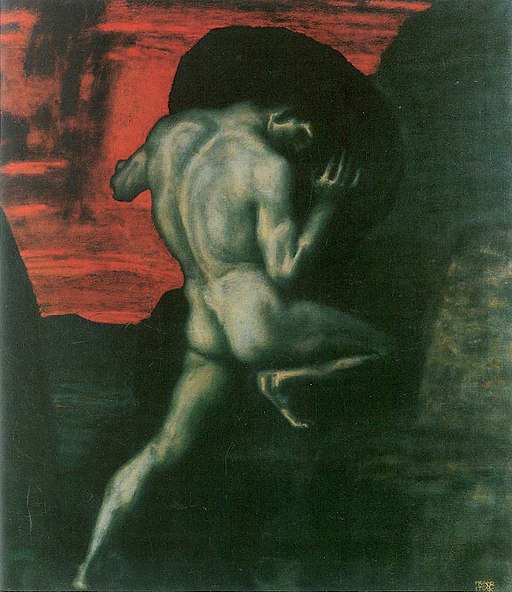
More thoughts after a prolonged absence:
I want to be creative when it comes to the first incarnation of the Arthur White Concert for Iceland material. Of course, he did burst onto the scene already with the May 30th show.
I recently heard an interview with some entrepreneur saying that you want to look around for whatever resources are close at hand. What skills can the members of your various circles bring to the table. Ideally, you're not launching something that requires casting around for strangers who have the necessary expertise.
One thing that has popped into my mind recently is Arthur White, the ballet. My wife is looking for opportunities to choreograph some modern. I'm not sure that the mostly 4/4 time signature will be all that interesting. And then, we are friends with the owners of that ballet studio. It could start with just one song.
The point is that I want to really get creative, thinking inside the box, that is the resources that are closest at hand, and eschewing those that are beyond our scope: The words of Psalm 131:1-2:
I do not busy myself with great matters, with things too sublime for me. Rather, I have stilled my soul, hushed it like a weaned child. Like a weaned child on its mother's lap, so is my soul within me.Could it be done in the style of a children's book? A program or press packet for a show that never occurs? A coffee table book?
This hits on what is at once a Christian and existential principle. On the Christian side, there is the affirmation, purification, and elevation of the raw materials of humanity. God does not seek another vehicle for his splendor, a new creation. He limits himself: "Him whom the heavens cannot contain the womb of one woman bore" (St. Augustine).
Similarly, there is Nietzsche's notion of the eternal return:
There is a lake which one day refused to flow away, and threw up a dam at the place where it had hitherto discharged: since then this lake has always risen higher and higher.This is probably not the best quote, but the concept is summed up in countless other places, both by Nietzsche and others like Kierkegaard and Camus: the idea that the main source of our unhappiness is a constant flowing out toward some reality other than the present one. In The Myth of Sisyphus, Camus went as far as to call this tendency suicidal: the mental act of leaping from life into some other imagined world.
So the bottom line in the Return of Arthur White (dare I say the eternal return of Arthur White?) is an utter renunciation of all things beyond its scope and an total affirmation of all things within its scope. I realize, of course, that both Nietzsche and Camus saw God and Heaven as the main problematic horizons to which humanity flowed. I revise that idea without any difficulty in that God is immanent, that it is a false idea of God to place him on the horizon of our lives. Instead, our "search" for God must follow the very formula laid out by these atheistic philosophers, namely, we find him only in the moment and not in any idols, aspirations, or imagined accomplishments looming in the distance. Those horizons can be anything from waiting for the weekend, or the next performance, or Summer Break, or retirement, or Heaven. In a certain sense, Heaven is now--or never.
Pope Benedict (then Cardinal Ratzinger) grasped this idea when he wrote on the "duration" of Purgatory:
The transforming "moment" of this encounter cannot be quantified by the measurements of earthly time. It is, indeed, not eternal but a transition, and yet trying to qualify it as of "short" or "long" duration on the basis of temporal measurements derived from physics would be naive and unproductive. The "temporal measure" of this encounter lies in the unsoundable depths of existence, in a passing-over where we are burned ere we are transformed. To measure such Existenzzeit, such an "existential time," in terms of the time of this world would be to ignore the specificity of the human spirit in its simultaneous relationship with, and differentation from, the world.
Encounter with the Lord is this transformation....
Joseph Ratzinger, Eschatology: Death and Eternal Life, p. 230-231
No comments:
Post a Comment